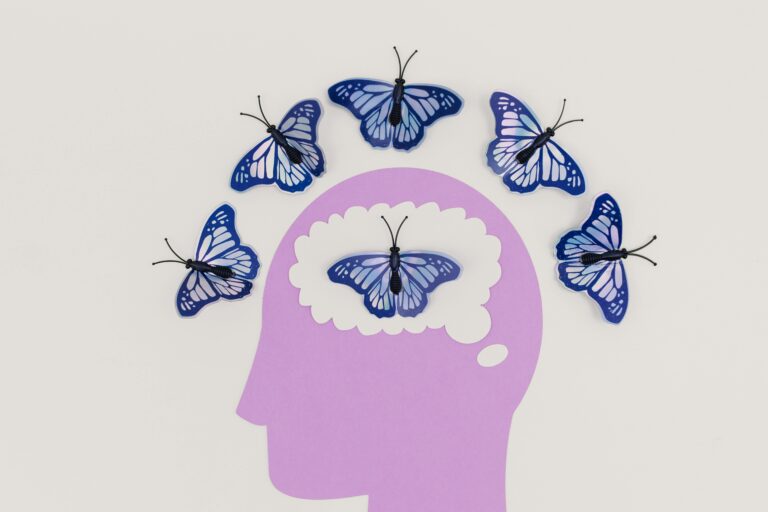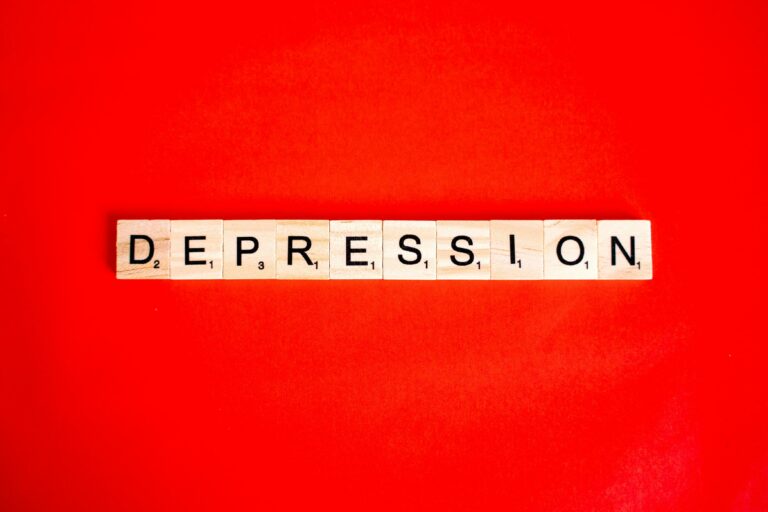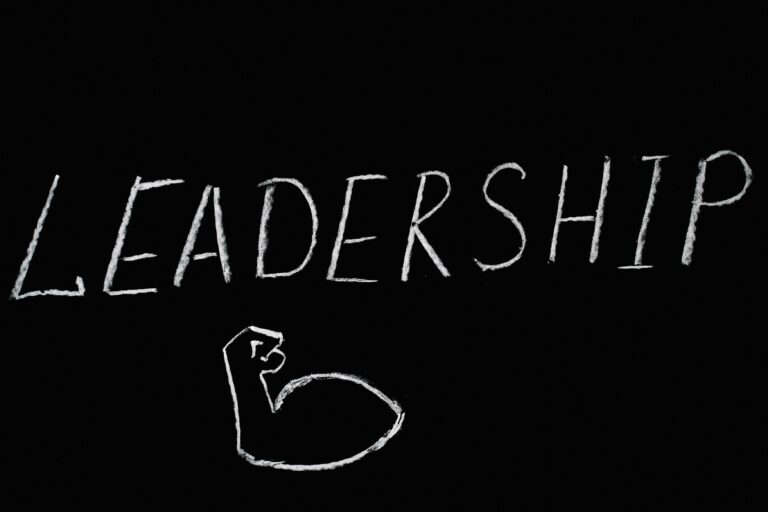In today’s digital era, social media has become a significant part of our lives. Platforms like Instagram, Facebook, and TikTok keep us connected, entertained, and informed. However, excessive use of these platforms often leads to negative consequences, including reduced productivity, mental health struggles, and strained relationships.
For many, social media use shifts from being a helpful tool to an unhealthy habit. Recognizing this shift and addressing it is crucial.
This article focuses on practical strategies and offers insights on how to overcome social media addiction. The journey toward freedom begins with understanding what social media addiction truly is and its impact on daily life.
What Is Social Media Addiction?
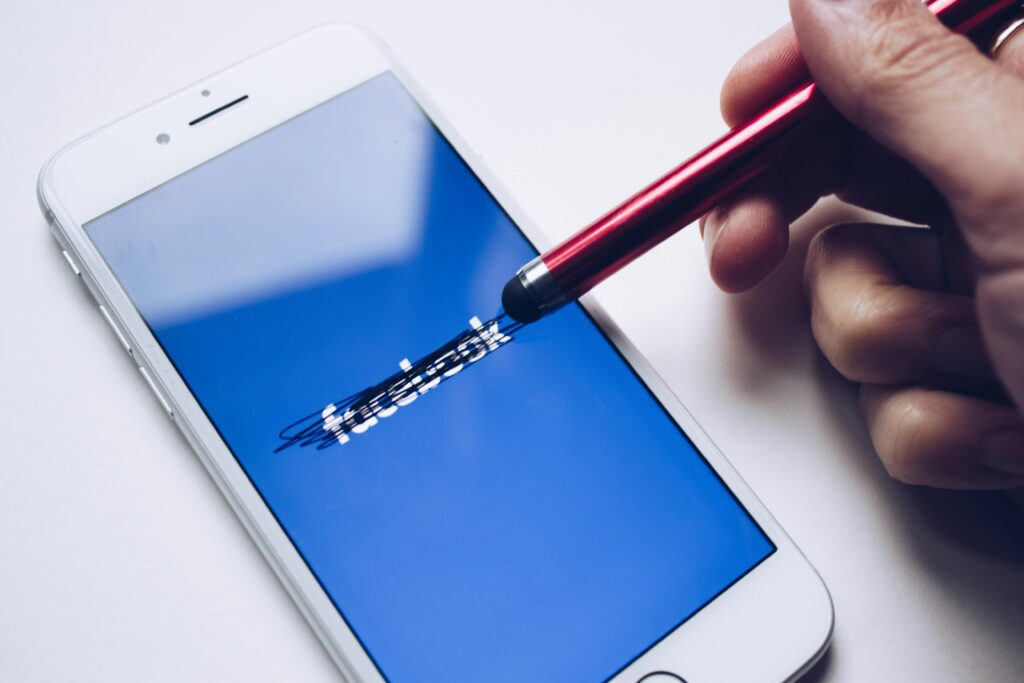
Social media addiction refers to the compulsive and excessive use of social media platforms, often at the expense of important aspects of life. Just like other forms of addiction, it involves a loss of control over usage, leading to significant emotional, social, and professional consequences.
One major symptom of social media addiction is the inability to limit time spent online, even when it interferes with responsibilities. Constant checking of notifications, an overwhelming urge to scroll, and experiencing anxiety when away from devices are tell-tale signs.
The addiction stems from psychological triggers such as fear of missing out (FOMO), the dopamine rush from likes and shares, and the desire for validation. These factors create a cycle where users are continuously drawn back to their screens.
The effects of social media addiction are far-reaching. It can lead to procrastination, sleep deprivation, and feelings of inadequacy from comparing oneself to others online.
Understanding these impacts is the first step in learning how to overcome social media addiction and improving one’s overall well-being.
Read More
7 Coping Skills for Anxiety
Best Way to Learn Spanish
Practical Steps to Overcome Social Media Addiction
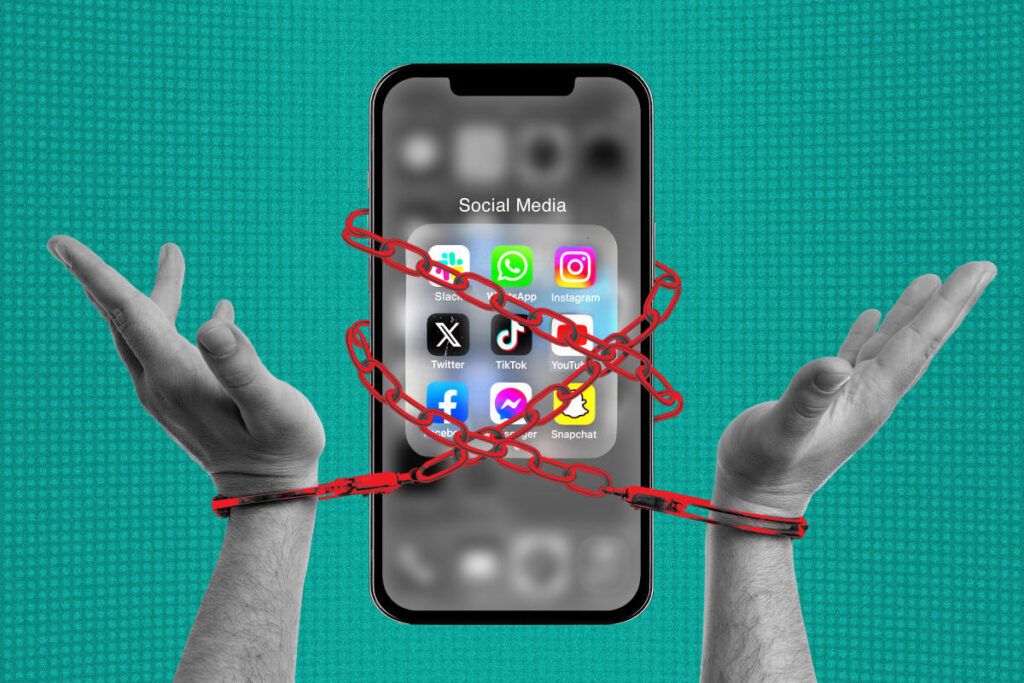
Breaking free from social media addiction may seem challenging, but with a structured approach, it is entirely achievable. Implementing practical strategies can help you regain control over your time, focus, and mental well-being.
Below are seven effective steps that can guide you on how to overcome social media addiction.
Set Clear Usage Goals
The first step in addressing social media addiction is to establish boundaries. Without clear limits, it’s easy to lose track of time scrolling through endless posts. Begin by setting realistic daily or weekly usage goals. For example, decide to spend no more than one hour on social media each day.
Utilizing digital tools can make this process easier. Many smartphones have built-in screen time trackers that allow you to monitor your app usage and set limits.
Third-party apps such as Freedom or AppBlock can also block social media access during designated hours. Sticking to these boundaries is key in learning how to overcome social media addiction and reclaiming your focus.
Identify Triggers and Replace Habits
Understanding the triggers that drive your social media usage is essential. Do you reach for your phone when you’re bored, stressed, or procrastinating? Once you identify these moments, you can work on replacing the habit with healthier alternatives.
For example, if you use social media as a distraction from work, replace it with a short walk or a quick mindfulness exercise. Similarly, if boredom is the trigger, engage in activities such as reading, drawing, or solving puzzles. By creating alternative habits, you reduce your reliance on social media, making progress in your journey of how to overcome social media addiction.
Create a Distraction-Free Environment
Your environment plays a significant role in shaping your behavior. To reduce the temptation of social media, start by turning off notifications for non-essential apps. Each buzz or ping pulls you back into the cycle of checking your phone unnecessarily.
Additionally, keep your devices out of reach during work, study sessions, or bedtime. Consider creating a designated “tech-free zone” in your home, where you can focus on other activities without interruptions. Small changes to your surroundings can make a big difference in how to overcome social media addiction and regain control over your time.
Schedule Social Media-Free Times
Intentionally setting aside time away from social media is another powerful strategy. Designate specific times of the day or even entire days as “social media detox” periods. During these times, focus on being present in the moment and engaging in offline activities.
For instance, you can start by committing to a “no social media after 8 PM” rule or a “screen-free Sunday.” Use this time to connect with loved ones, exercise, or pick up a new hobby. The more you practice these detox sessions, the easier it becomes to break free from the addiction. These scheduled breaks are vital steps in mastering how to overcome social media addiction.
Seek Support from Friends and Family
Overcoming social media addiction doesn’t have to be a solo effort. Sharing your goals with friends and family can provide the accountability and encouragement you need. Let them know you’re working on reducing your social media usage and ask for their support.
Engage in social activities that don’t involve screens, such as hiking, playing board games, or cooking together.
Surrounding yourself with people who respect and understand your goals reinforces positive behaviors, making the process of how to overcome social media addiction much more manageable.
Focus on Real-Life Connections
Social media often creates a false sense of connection, leading users to prioritize virtual interactions over real-life relationships. To counter this, make a conscious effort to strengthen your in-person connections.
Spend quality time with friends and family without the distraction of your phone. Attend community events, join hobby groups, or volunteer for local causes. Building meaningful offline connections not only reduces your reliance on social media but also enhances your overall sense of fulfillment.
This is a critical aspect of how to overcome social media addiction while fostering healthier relationships.
Practice Mindfulness and Self-Care
Mindfulness and self-care are essential tools in breaking the cycle of social media addiction. Engage in activities that promote relaxation and self-awareness, such as meditation, journaling, or yoga. These practices help you stay grounded and reduce the urge to escape into the digital world.
Reflecting on the impact of social media on your life can also be eye-opening. Keep a journal to track your feelings after spending time online versus engaging in offline activities.
This awareness helps you understand the benefits of limiting social media and motivates you to stick to your goals. Developing a consistent self-care routine is a foundational step in learning how to overcome social media addiction.
Benefits of Overcoming Social Media Addiction

Overcoming social media addiction comes with numerous benefits that improve various aspects of life. For starters, it positively affects mental health. Excessive scrolling often leads to feelings of anxiety and depression, especially when comparing one’s life to the curated highlights of others. Reducing social media usage allows the mind to relax, fostering a more positive outlook.
Another significant advantage is increased productivity. Social media is one of the biggest distractions in both personal and professional settings. By cutting back on usage, individuals can regain focus, accomplish tasks more efficiently, and dedicate time to meaningful activities.
Improved relationships are another benefit of overcoming social media addiction. Being fully present during interactions with family and friends strengthens bonds and builds deeper connections. Instead of scrolling through a feed, time can be spent engaging in genuine conversations or shared activities.
Additionally, breaking free from this addiction allows individuals to rediscover hobbies or develop new skills. Time spent offline can be invested in creative pursuits, learning opportunities, or fitness routines, enriching one’s life. These positive outcomes highlight the importance of mastering how to overcome social media addiction for a healthier, more balanced lifestyle.
Conclusion
Social media addiction is a growing concern, but it is not insurmountable. By understanding the root causes, recognizing its effects, and implementing practical strategies, anyone can take control of their social media habits.
The journey may feel challenging at first, but the rewards are worth the effort. With increased mindfulness, better relationships, and a renewed sense of focus, life becomes more fulfilling. Whether through setting boundaries, seeking support, or finding joy in offline activities, the steps to recovery are within reach.
Remember, the key to success lies in taking consistent, small steps every day. Overcoming this addiction is not about eliminating social media entirely but learning to use it in a way that adds value to your life.
Start your journey today by exploring how to overcome social media addiction, and take the first step toward a more balanced and enriching lifestyle.

